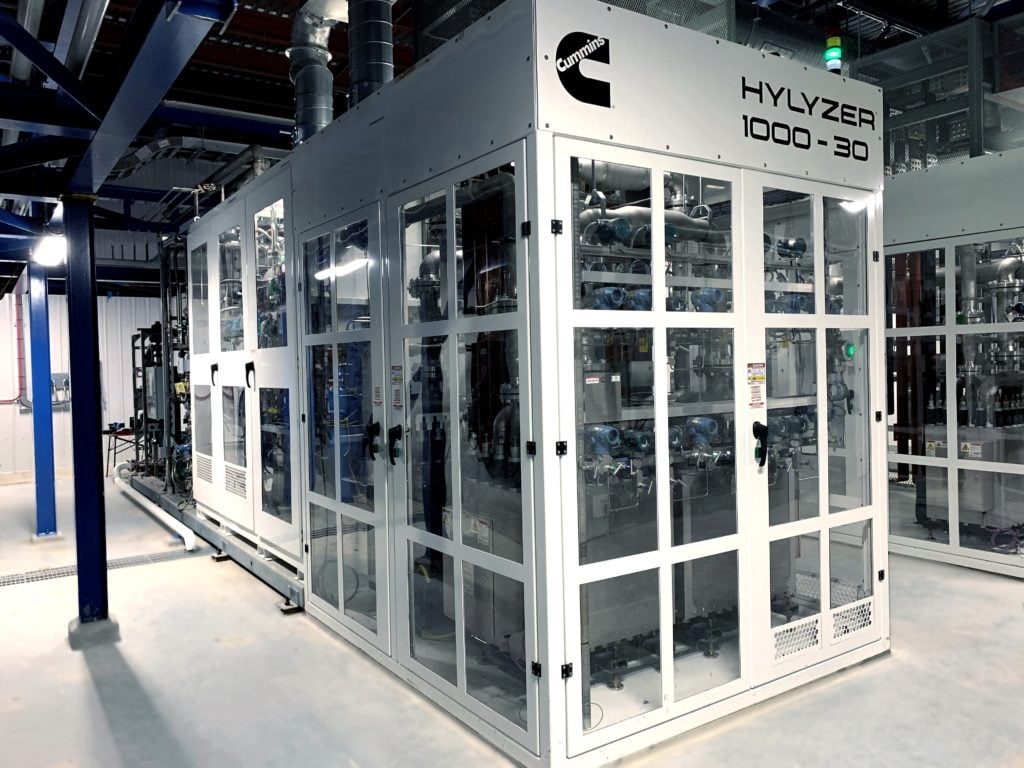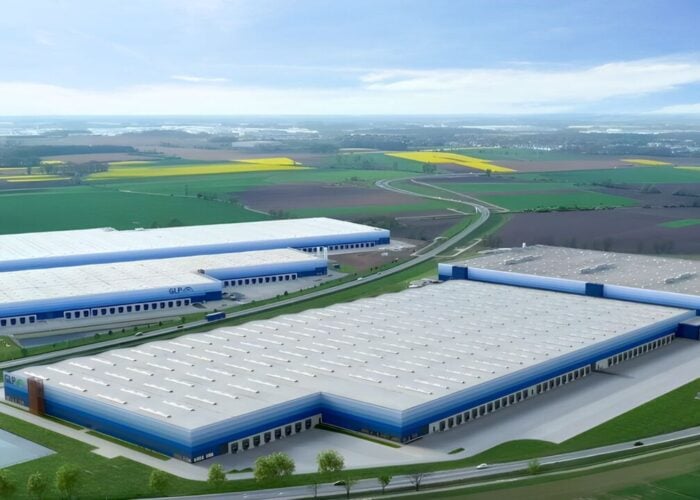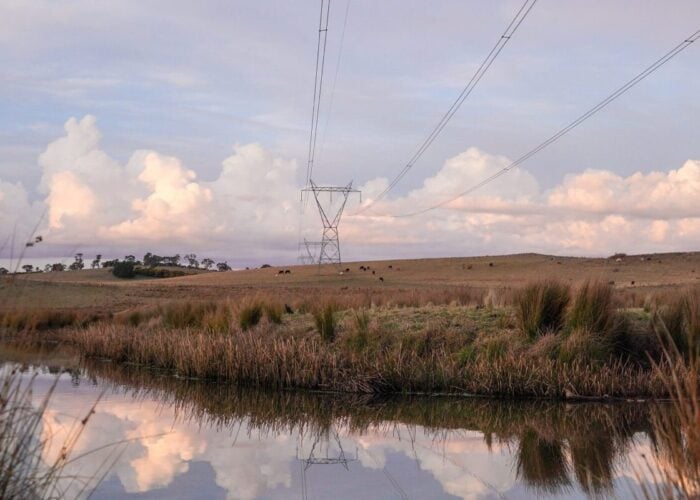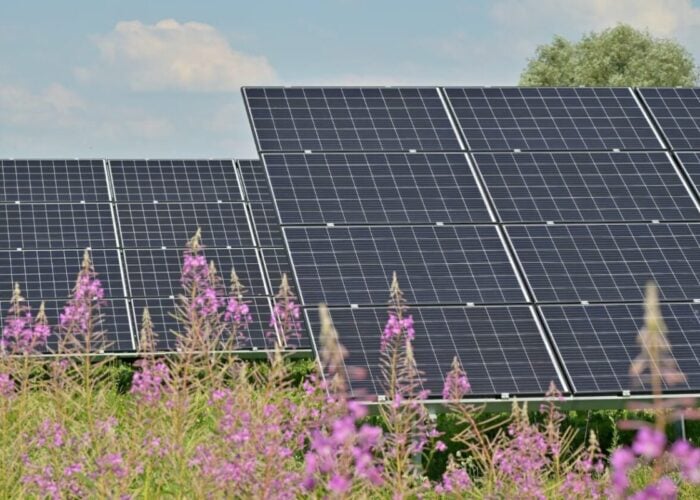
Despite a current shortage of electrolyser manufacturing capacity, the global green hydrogen sector is poised to benefit from a rapid ramp-up in electrolyser output over the coming years, according to Fitch Solutions.
With most electrolyser production facilities being scaled up to have multiple gigawatts of operational output per year, the consultancy is calling on governments to subsidise low-carbon hydrogen production to overcome cost barriers and put in place standards to further stimulate growth.
Try Premium for just $1
- Full premium access for the first month at only $1
- Converts to an annual rate after 30 days unless cancelled
- Cancel anytime during the trial period
Premium Benefits
- Expert industry analysis and interviews
- Digital access to PV Tech Power journal
- Exclusive event discounts
Or get the full Premium subscription right away
Or continue reading this article for free
While substantial investments are still required to fully mature the low-carbon hydrogen sector and achieve cost parity with grey hydrogen, Fitch said in a new report that governments also have an important role to play in adapting public procurement procedures to create ‘market pull’ as well as delineating the future role for low-carbon hydrogen across different sectors.
Western Europe is said to offer one of the most favourable environments globally for hydrogen infrastructure, with the region’s already-mature renewables capacity, coupled with ambitious decarbonisation targets, fuelling the development of commercial-scale hydrogen plants. While the report also expected manufacturing facilities across North America and Asia, it said Europe offered the “greatest promise in scaling up electrolyser output most rapidly”.
The European Union’s hydrogen strategy, published in 2020, calls for at least 40GW of renewable hydrogen electrolysers by 2030, requiring between 80 – 120GW of solar and wind capacity to be connected to provide the necessary electricity.
There has since been a host of new solar-powered green hydrogen project announcements across the continent – in markets such as Spain, France and Portugal – in addition to the formation of the HyDeal Ambition initiative, a coalition that aims to achieve 95GW of solar and 67GW of electrolysis capacity by 2030.
The Fitch report highlighted that engineering company Thyssenkrupp has received funding from the German government to expand its annual electrolyser output from 1GW to 5GW to satisfy demand, while UK-based ITM Power is looking to double output from 1GW to 2GW in the coming years.
While low-carbon hydrogen projects have largely been funded via state-sponsored research and development budgets and equity financing, Fitch said that both green and blue hydrogen projects face difficulties in accessing the latter, adding that project finance will have to play a larger role in the future.
The consultancy forecasts an increase in the development of low-carbon hydrogen power generation technologies and projects in the coming decade, as more markets and developers look to alternative sources of flexible power supply with two major forms: combustible fuels and fuel cell plants.
These initial power systems are expected to operate at a smaller scale, providing grid balancing and short-term power supply to reduce intermittency of renewables.
A notable announcement in the green hydrogen space was made during the COP26 climate summit in November, with the UN-supported Green Hydrogen Catapult (GHC) coalition committing to bring 45GW of green hydrogen electrolyser capacity to a final investment decision by 2026 and commissioning by 2027. Founded in 2020 by companies including Iberdrola, Ørsted and ACWA Power, GHC previously had a target of commissioning 25GW of green hydrogen facilities by 2026.






